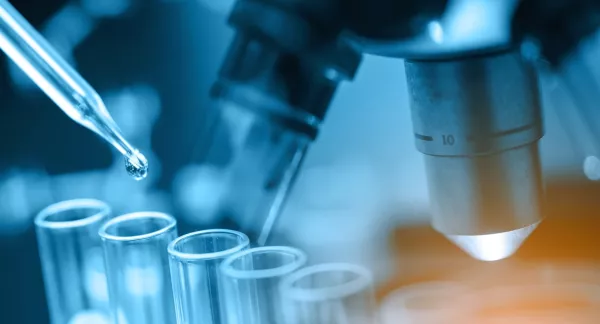Development of Surrogates to Determine the Efficacy of Soil Aquifer Treatment Systems for the Removal or Organic Chemicals
Abstract
An increasing number of water utilities are using drinking water sources influenced by wastewater discharge and others are planning for or implementing indirect potable reuse via groundwater recharge systems. The use of water sources influenced by wastewater has raised public concerns because of the presence of trace organic contaminants. The project identifies potential surrogates and indicators for the removal of wastewater-derived chemical contaminants in groundwater recharge projects employing soil-aquifer treatment after surface spreading and membrane treatment ahead of direct injection projects, validates the ability of chosen surrogates and indicators to predict the removal of wastewater-derived contaminants in groundwater recharge projects, and develops recommendations for the water industry regarding suitable surrogates for groundwater recharge systems using reclaimed water.
Originally funded as WERF project Reuse-05-04.
